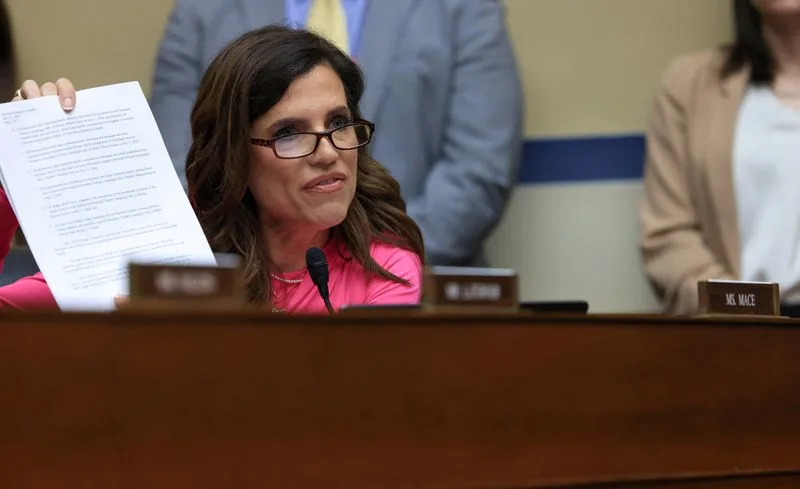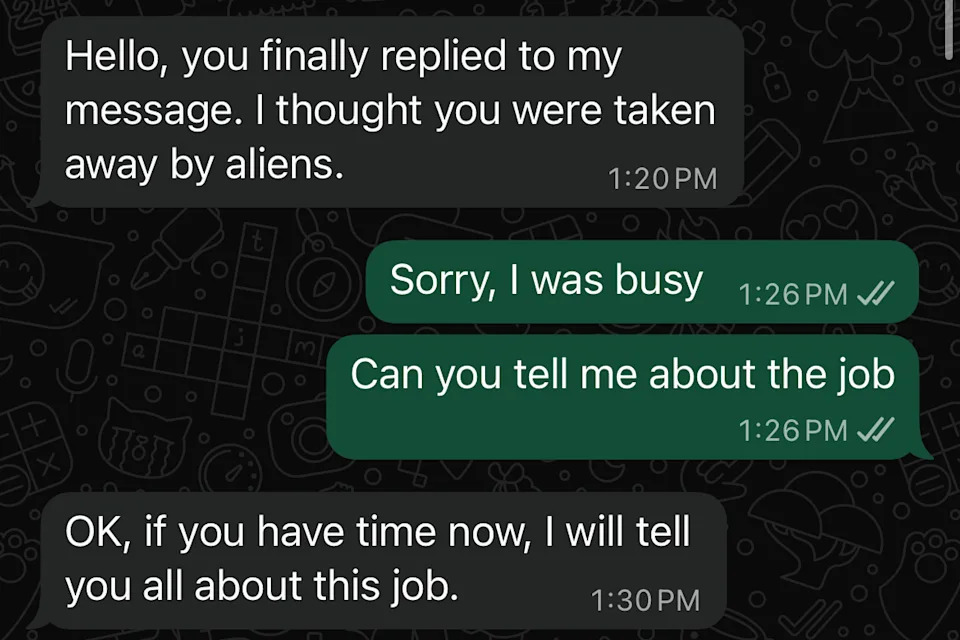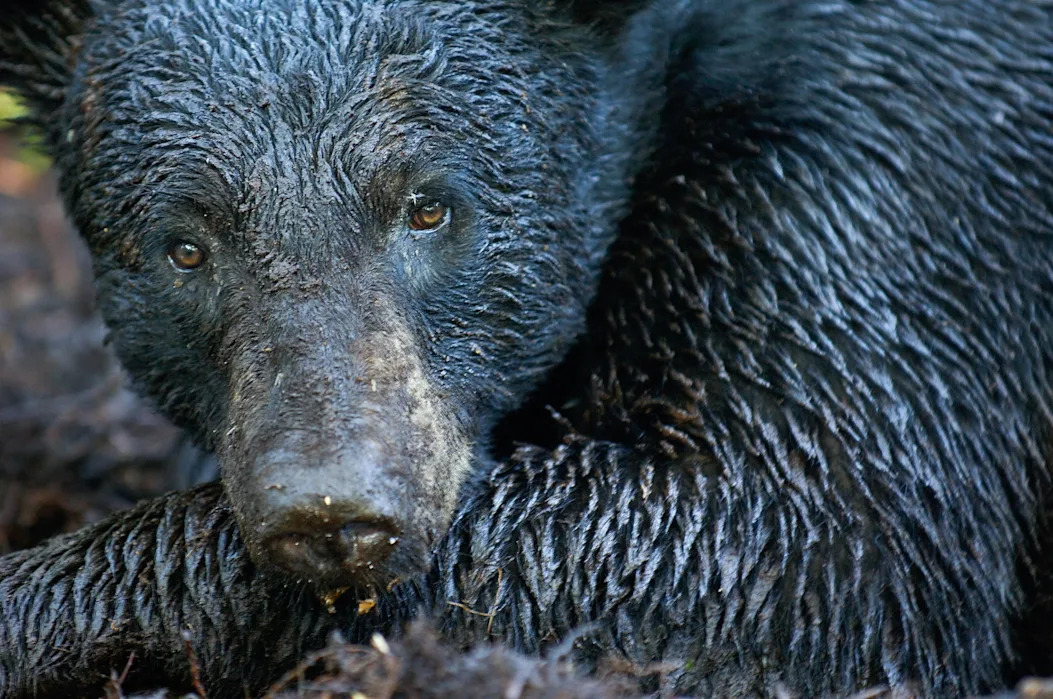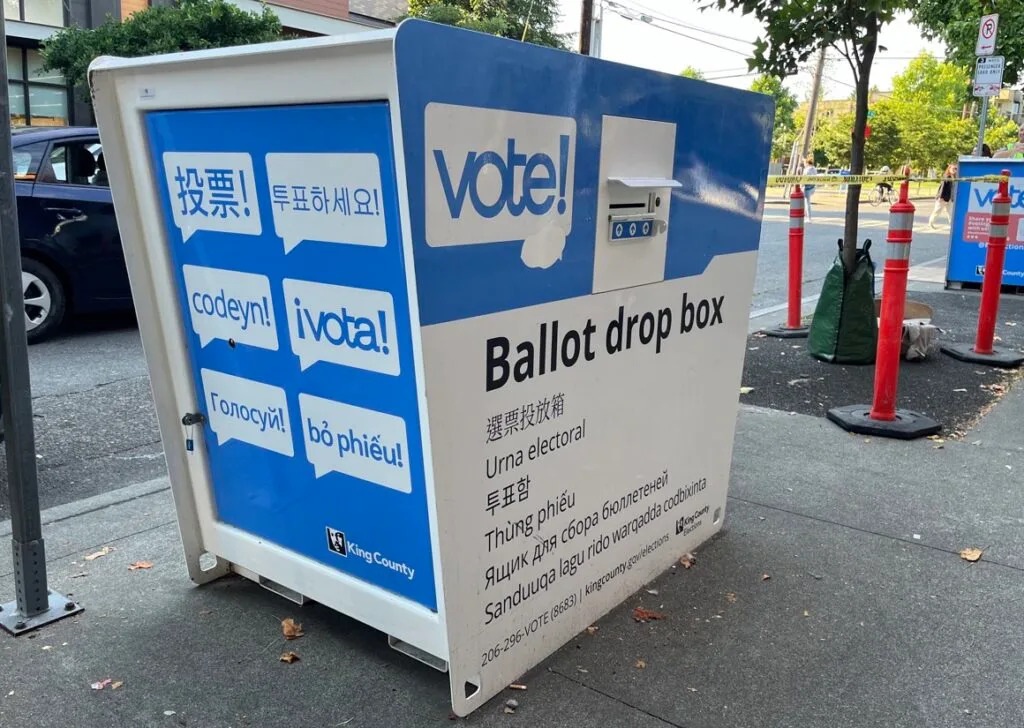
The Supplemental Nutrition Assistance Program benefits 680,000 Maryland residents, about 270,000 of them children, state officials said. (Photo courtesy U.S. Department of Agriculture)
Maryland has joined 20 other states and Washington, D.C., in a lawsuit against the U.S. Department of Agriculture’s demand for personal information of those who are part of the federal Supplemental Nutrition Assistance Program, also known as SNAP.
The lawsuit, filed Monday in U.S. District Court in California, comes before a department-issued Wednesday deadline for states to release data on the tens of millions of people who receive food assistance. Some of the information sought from the last five years includes Social Security numbers, dates of birth and members of a household.
On Thursday, the agency released a Privacy Impact Assessment to expand personal information to also include immigration, employment and marital status. Agriculture Department guidelines say states that don’t comply could face the withholding of federal funds.
“USDA’s attempt to collect this information from Plaintiff States flies in the face of privacy and security protections in federal and state law,” according to the suit. “USDA makes this demand for the stated purpose of detecting ‘overpayments and fraud.’ Instead, the move appears to be part of the federal government’s well-publicized campaign to amass enormous troves of personal and private data, including information on taxpayers and Medicaid recipients.”
The lawsuit names the agency, USDA Secretary Brooke Rollins and the agency’s Office of Inspector General as defendants whose conduct is “unlawful” and “unconstitutional.”
Although residents without legal status are not eligible to receive SNAP benefits, U.S.-born children of immigrant parents, regardless of status, are eligible.
In Maryland, the state Department of Human Services estimates more than 680,000 residents rely on the benefits commonly known as food stamps. About 270,000 of those are children.
Attorney General Anthony Brown (D) said in a statement from his office that Maryland receives about $1.7 billion annually for the program.
“Both federal and state law prohibit Maryland from disclosing personally identifying SNAP data unless strictly necessary for the administration of the program, or in some other very limited situations,” the statement said. “Those circumstances do not exist here.”
A USDA spokesperson said in an email Tuesday morning the agency “will not comment on pending litigation.”
In a May 6 memo, the agency said it was requesting the personal information under a March executive order by President Donald Trump (R), “Stopping Waste, Fraud, and Abuse by Eliminating Information Silos.”
Some states with Republican governors such as Alaska will adhere to the federal government’s request, according to the Alaska Beacon, which is part of States Newsroom.
Rollins wrote in a July 9 letter that the policy seeking personal data “eliminates bureaucratic duplication and inefficiency and enhances the government’s ability not only to have point-in-time information but also to detect overpayments and fraud.”
The California attorney general’s office in the lead agency in the lawsuit that, in addition to Maryland and the District of Columbia, includes Arizona, Colorado, Connecticut, Delaware, Hawaii, Illinois, Kentucky, Maine, Massachusetts, Michigan, Minnesota, Nevada, New Jersey, New Mexico, New York, Oregon, Rhode Island, Washington and Wisconsin.
Meanwhile, Maryland is part of a similar lawsuit about private information filed earlier this month against the U.S. Department of Health and Human Services. The suit seeks to block “unfettered access” by the Department of Homeland Security to personal health data of Medicaid recipients.
A health department spokesperson has said the agency is in full compliance with the law to ensure funds are not misused.








Comments